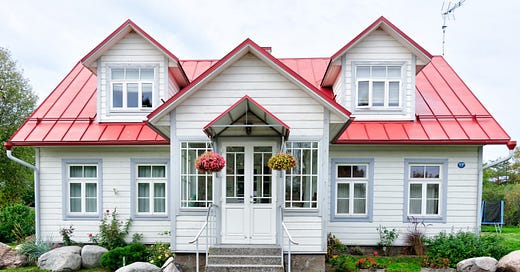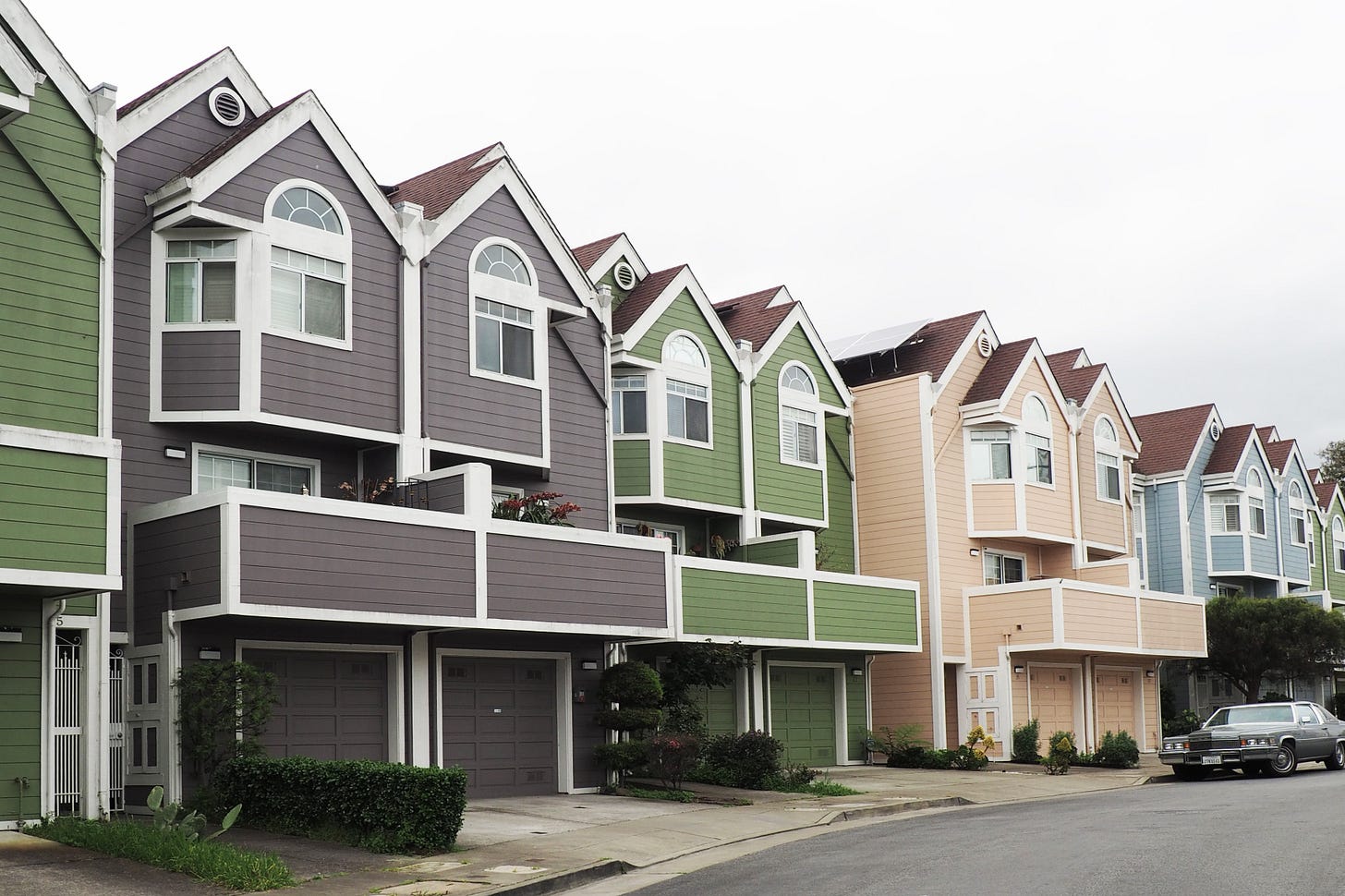4 real estate investments to generate a passive income
A breakdown of several different real estate assets that can bring you a maximum return for your investment.
Photo by Jacques Bopp on Unsplash
The goal of investing in real estate is to generate a passive income. Obviously, the bigger the investment, the larger the return (well, ideally). Whether you’re looking for a single-family home or an apartment complex, there are a few rules-of-thumb to keep in mind when deciding on which type of real estate asset to invest in.
As always, have a plan. I will always suggest buying a property with the intention to be the primary resident for a year. Getting a loan as a primary resident will offer lower interest rates than going in on a loan as an investor. Also, planning on living in a property for at least a year will help you defer capital gains taxes. More below on that.
Understanding capital gains taxes
Capital gains is a tax that homeowners pay on the profit accrued on assets that they sell. For real estate investors, the idea is to not just make a profit on assets, but also to keep as much of that return as possible. For assets held for at least a year, the taxes are much lower compared to assets held for less than a year, which would accrue higher taxes. With this in mind, a beginning real estate investor should plan on investing in properties as a primary resident, whenever possible. Below are a few different real estate investments to consider as a beginning real estate investor.
Single-family or Airbnb
Single-family rentals are great assets. Remember to research your market and even connect with property management companies to stay in the know on comparable rent in the area you’re investing. Having a smaller asset to look after might also be what you’re looking for on your first go-around. If you go in on it as a primary resident, you only have to live in it for least a year and then you can have the freedom to move on to invest in another property as a primary resident.
Multi-unit
I mentioned earlier that qualifying for a loan as a primary resident, you’ll find lower interest rates than that of an investor. With this in mind, a duplex is a great option as a beginning real estate investor. The idea would be to live in one unit while renting out the other unit. Ideally, after you research your market and do the math on it’s potential cashflow, you would end up with a rental property that would essentially bring in a monthly profit while having your own rent paid for.
Apartment buildings
Buying an apartment building might seem daunting if you’re starting out in real estate investment. Fortunately, the tax tool 1031 exchange is a great way to scale up this type of asset (more on that below). There are also great benefits to owning apartment complexes due to several tex deductions and incentives. For instance, you can write off a portion of your property value each year due to MACRES depreciation.
Commercial properties
Fortunately, you can typically 1031 exchange a residential asset to a commercial asset. Investing in commercial properties is a great way to diversify your assets. Certain types of commercial investments are also known to be generally safe in face of economic down-turn.
3 recession-resilient assets:
Self-storage
Industrial warehouse
RV parks
1031 exchange to scale real estate portfolio
1031 exchange is a tax tool and one of the real estate investors best friends. This procedure allows an investor to sell a property and invest those proceeds into a like-kind property (within a certain time frame) and defer paying capital gains taxes.
Benefits of a 1031 Exchange include:
Deferral of capital gains taxes
Diversification of assets
Reset depreciation clock
How do you go about doing a 1031 exchange? First you need to find a qualified intermediary. The proceeds of your sale would need to be transferred over to a third-party (it could be a person or company) who would essentially hold and facilitate the transferring of funds from the property sold to the seller of the replacement property. The intermediary must be someone with which you have no formal relationship.
What is a “like-kind” property?
A replacement property needs to be alike in nature or characteristics. The point of a 1031 exchange is to use the capital gains taxes saved to roll over into your next investment, thus scaling your investment portfolio. With that being said, your replacement property should be of equal or greater value in order to take the full advantage of this tax tool.
Remember
Real estate doesn’t have to be scary. I mentioned in my previous post about the importance of building a network of experts. There are several types of real estate assets to invest in where you can make a lucrative return. Talk to a loan officer, real estate agent, and commercial real estate broker to find your fit.
And go ahead and subscribe for more helpful tips on beginning real estate investment.
Photo by Marcus Lenk on Unsplash
Sources:
https://www.cwscapital.com/what-is-a-1031-exchange/
https://www.bankrate.com/taxes/capital-gains-tax-on-real-estate/#what-is






